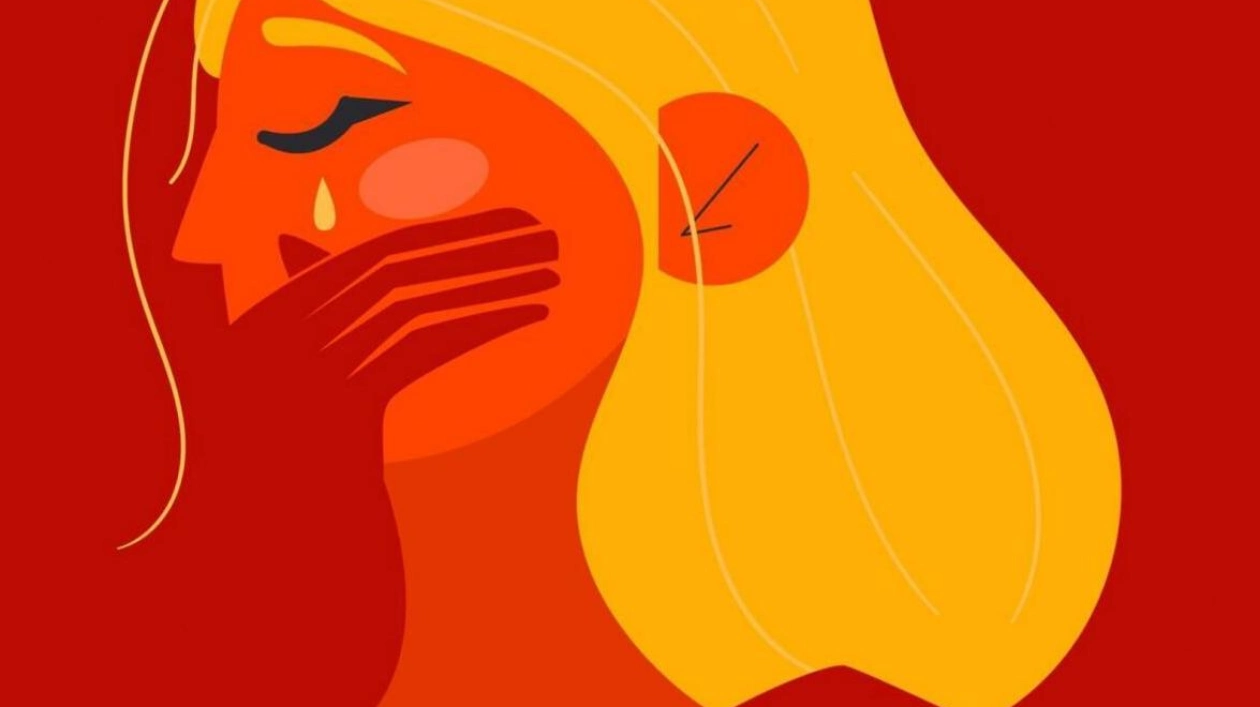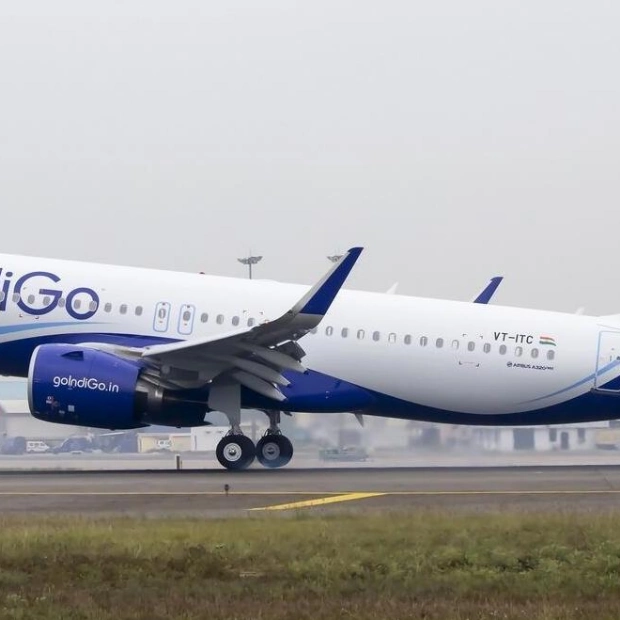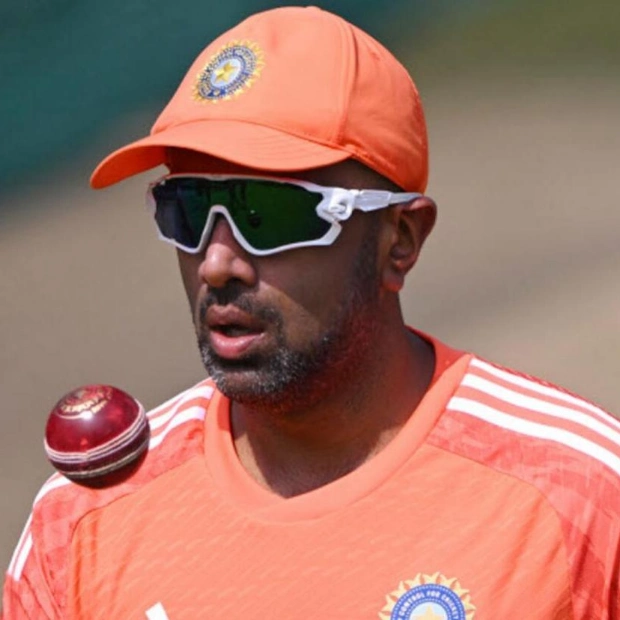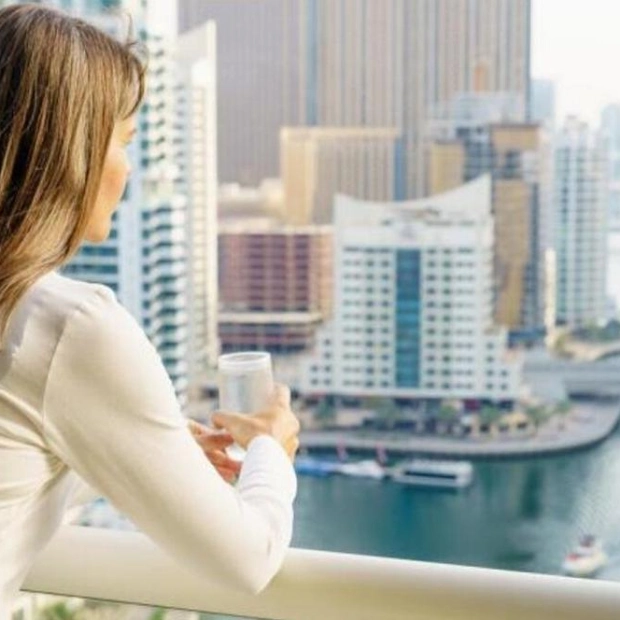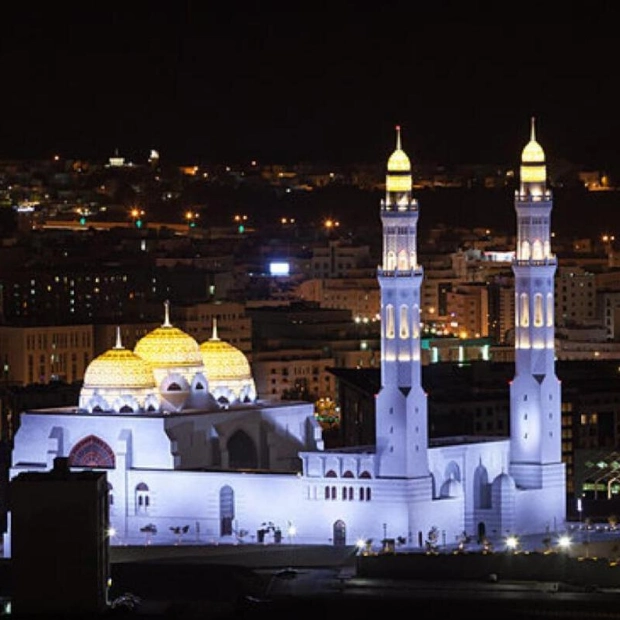At 14, Anika witnessed her mother endure physical abuse, harassment, and even an attempted murder in their Namibian home. Her stepfather’s violence wasn’t just a daily occurrence; it was a traumatizing formative experience. Her exposure to gender-based violence (GBV) and domestic violence unknowingly shaped the way she would navigate the world. She would repeat her mother’s patterns in her own relationships as an adult and carry the experiences with her in how she coped with life’s stressors.
Moving to South Africa at 19, she was entangled in a romantic relationship marked by verbal and financial abuse and intimidation. “It became a norm,” she said. “I didn’t even recognize it as abuse for the longest time.” For many survivors of GBV, the trauma isn’t confined to the incident itself. The aftermath manifests as anxiety, depression, and a distorted sense of self.
Brazilian psychologist Natali dos Santos Lewis, a behavioural health specialist at Monarch Health Centers in Dubai, explained, “Survivors come to therapy not for the violence itself but for its emotional and psychological consequences, many not realizing the two are linked. Some even minimize or normalize the violence, treating it as incidental rather than the root of their suffering.”
Before moving to the UAE, Anika worked within Christian spaces and communities to support and encourage women. What she didn’t realize was that her need to always help others was a trauma response in reaction to not dealing with her own internal wounds. “I poured my heart and soul into building a lot of women up, but I myself was broken. I now realize that I was pouring out of an empty cup to avoid facing what I was dealing with — severe anxiety, defensiveness and aggression, and panic attacks as a result of the violence I witnessed and experienced.”
When she was 33 and had just moved to Dubai, Covid hit, and she was no longer in spaces where she was helping other women thrive. “Through the isolation, for the first time, I had to deal with myself and the reality of who I was outside of the community, behind closed doors.” Seeking therapy allowed Anika to confront these wounds. She said, “I realized how much my past had shaped me. I was not broken, just hurt.”
According to Lewis, therapy serves as a transformative space for survivors to reclaim their narratives. “It’s about self-awareness,” she explained. “Understanding the psychological implications of their trauma gives survivors the power to choose, to take control of their lives, and, most importantly, their healing.”
Despite the transformative potential of therapy, accessing it isn’t without challenges. For Anika, cultural stigmas initially prevented her from acknowledging her need for help. “In African homes, mental health isn’t talked about. Anxiety or depression? You’re just being lazy,” she said. Lewis confirms Anika’s experiences are universal obstacles that keep survivors from seeking care.
“Shame, fear of stigma, and hopelessness are pervasive. Cultural norms and patriarchal systems dismiss and sometimes facilitate gender-based violence. Women may come to believe they deserve the violence or that nothing will change if they seek help,” she said.
One of the most profound ways therapy helps is by breaking the cycle of violence. For Anika, recognizing the patterns of her past relationships was pivotal. “I learned that my defensiveness and resistance to dependence weren’t who I am, they were defense mechanisms from my childhood,” she said. Lewis explained that psychoeducation, a cornerstone of therapy, plays a critical role in this process.
“Understanding the dynamics of abuse allows survivors to see the patterns and make conscious choices to break free from toxic environments. Therapy provides the tools to process trauma and create healthier futures.”
The journey to healing is further complicated by the legal processes survivors face. Madeleine Mendy, partner and head of family law department at Bin Sevan Advocates and Legal Consultants in Dubai, highlights how the justice system can re-traumatize victims. “Even though the UAE has come leaps and bounds in terms of their response to gender-based violence, there is still some progress to be made,” she said.
“Survivors may fear legal repercussions for related offences, such as being accused of consuming alcohol, defamation, or extramarital relationships. This exacerbates their trauma and discourages them from seeking legal help, especially in cases of sexual violence.” And if they do choose to report, survivors must recount their trauma multiple times – to medical professionals, to different police officers, and then again in their signed statements.
This repeated retelling, Mendy said, places an immense emotional burden on survivors, often discouraging them from continuing with their cases. Survivors often hesitate to see mental health professionals as well, fearing their mental health status could be used against them in legal proceedings.
Mendy has become a dedicated advocate for GBV survivors. While she acknowledges the vast improvements to legal protections for victims, these improvements have not effectively reached police stations. The policy is there, but the implementation still requires a deep mindset shift. As a result, the experiences of victims within the police system often remain inadequate.
Today, Anika describes herself as a work in progress, but feels empowered by her journey. Both Lewis and Mendy stress the importance of creating accessible, culturally sensitive resources for GBV survivors.
Source link: https://www.khaleejtimes.com
